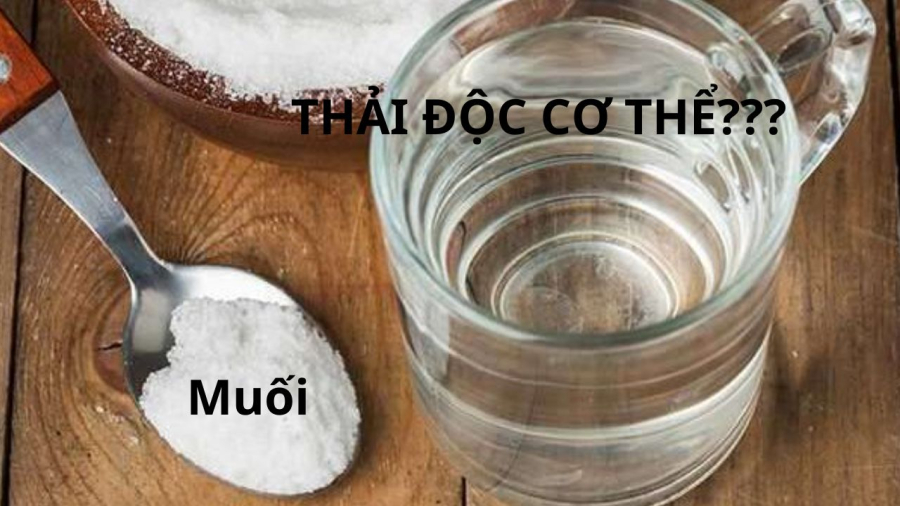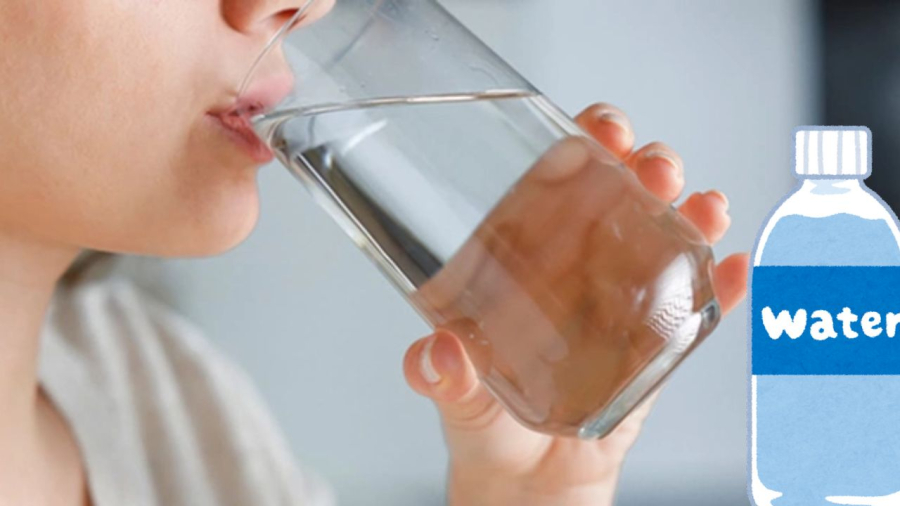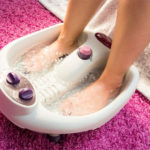Detoxing with salt water is a practice that has gained traction recently. Dr. Le Nhat Duy from Ho Chi Minh City University of Medicine and Pharmacy, Campus 3, provided a detailed analysis of the benefits and risks of this trend in an article published by Thanh Nien.
Benefits of Using Salt Water for Detoxification
Aids Digestion: A small amount of salt water stimulates the production of digestive fluids and enzymes, thereby supporting the digestive process.
Electrolyte Balance: If you’re dehydrated, for example, after intense exercise, strenuous work, or prolonged sun exposure, salt water can help restore your body’s electrolyte balance.
Improves Kidney Function: A moderate amount of salt helps the kidneys maintain their filtering and waste removal capabilities.

Salt Water Has Benefits but Also Carries Risks
Risks Associated with Using Salt Water for Detoxification
Hypertension Caution: Regular consumption of salt water can lead to excess sodium in the body, potentially raising blood pressure and increasing the risk of cardiovascular disease and stroke.
Kidney Damage: Ingesting large amounts of salt in a short period burdens the kidneys as they have to work harder to filter out the excess sodium, which can lead to kidney function impairment.
Electrolyte Imbalance: Overconsumption of salt water can disrupt the body’s electrolyte balance, leading to nausea and dizziness, and in severe cases, seizures or loss of consciousness.
Dehydration: Drinking salt water frequently can also cause cellular dehydration as salt attracts and retains water.
Edema: The sodium in salt has a water-retaining property. When sodium levels in the blood rise, the body holds onto water to balance sodium concentrations, resulting in edema or water retention.

Expert Recommends Adequate Hydration
Notes on Detoxification
Our body has natural detoxification mechanisms centered around the liver and kidneys. Adopting a healthy diet and staying hydrated enhance these mechanisms. There is no credible scientific evidence to support the claim that daily salt water consumption is an effective means of detoxification.
Dr. Nhat Duy suggests that instead of relying on salt water, individuals should focus on staying adequately hydrated with plain water, eating a diet rich in fruits, vegetables, and fiber, and limiting their intake of salty and sugary foods. Those with conditions like high blood pressure, diabetes, liver cirrhosis, or kidney disease should restrict their salt intake to approximately 5 grams (about 1 teaspoon) per day, distributed across their daily meals. Always consult your doctor or a nutritionist before adopting any health-related practices to ensure safety and effectiveness.
7 Tips for Utilizing a Foot Bath
Soaking your feet in a foot bath can provide you with many nourishing and therapeutic benefits. To get the most out of this practice, it is important to be aware of proper technique and troubleshoot any potential issues. This article looks deeper into the benefits of a foot bath and what to do when obstacles arise.
10 Amazing Health Benefits of Drinking Warm Water Revealed
 Health Benefits of Drinking Warm Water Revealed’>
Health Benefits of Drinking Warm Water Revealed’>Reap the many health rewards of warm water with these simple tips! From aiding digestion to providing immune support, warm water is an effective way of keeping your body healthy. Keep reading to discover the incredible advantages of drinking warm water.




































